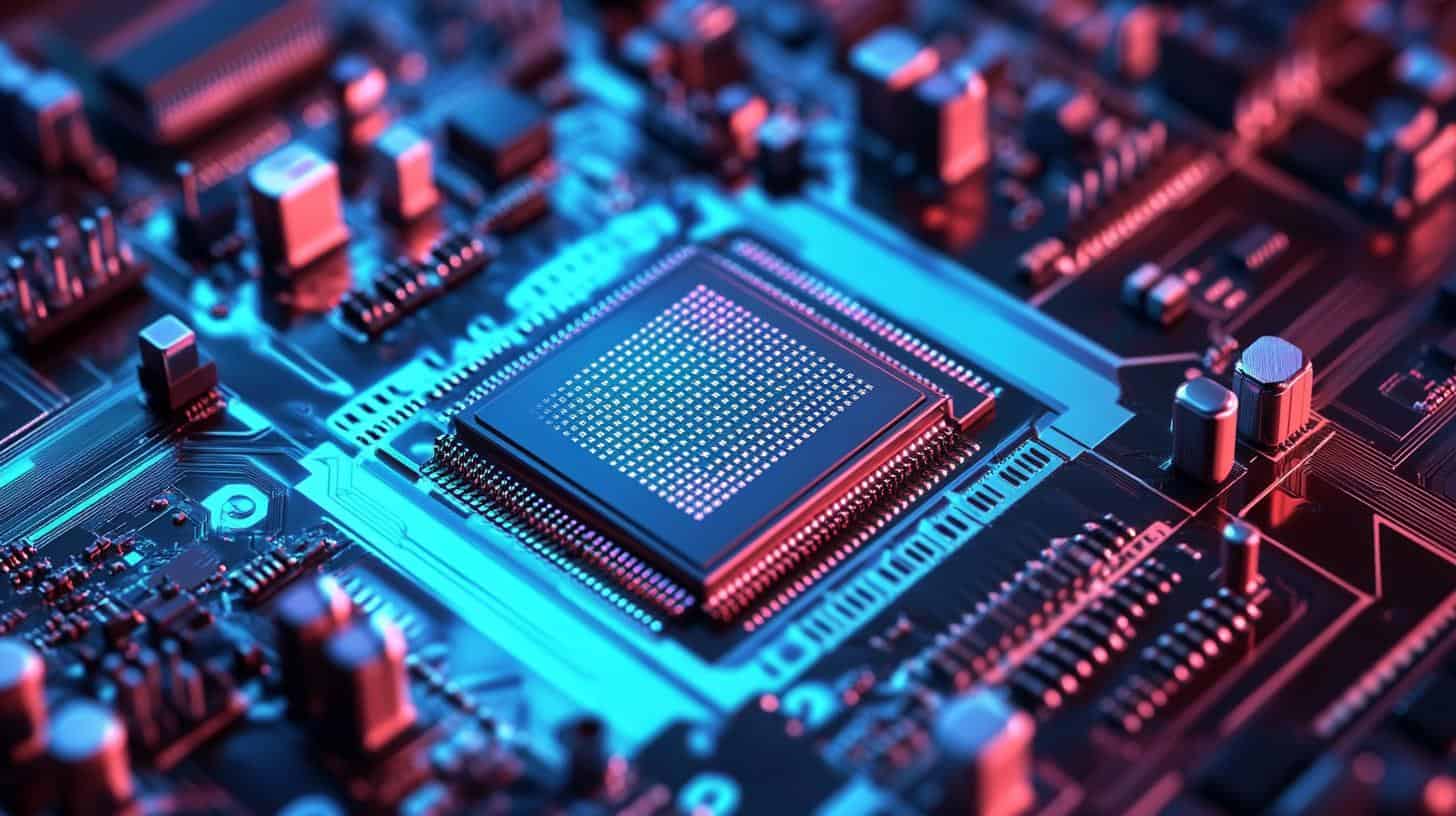In response to escalating difficulties within the global semiconductor landscape, Samsung is implementing a comprehensive overhaul of its semiconductor operations. This strategic maneuver aims to refine its competitive edge by significantly cutting down on executive roles within its chip division, especially at the presidential level, which reflects a serious approach to its existing challenges.
Recently, Jun Young-hyun has taken the reins of Samsung’s Device Solutions division, a shift that underscores the company’s urgency to address its semiconductor market position. This restructuring effort includes optimizing the foundry segment and reorienting the operations of the Semiconductor Research Center. A notable strategy involves relocating R&D personnel to manufacturing sites to enhance synergy between the two departments.
Furthermore, Samsung is strategically exiting non-essential sectors, specifically its LED division, to hone in on pivotal areas for future growth. Despite the LED business generating approximately 2 trillion won in sales, its gradual dissolution is consistent with Samsung’s focus on more critical growth avenues, excluding digital signage and large format LED displays from this cutback.
Additionally, there is a pronounced pivot from automotive chip production to a heightened emphasis on artificial intelligence (AI) chips. This shift reflects the company’s effort to adapt to a rapidly transforming semiconductor market, particularly as it faces increasing competition from industry peers like SK Hynix in vital memory technologies. The overarching goal of these changes is to restore Samsung’s technological prowess and fortify its standing in advanced memory markets, particularly high-bandwidth memory essential for AI.
The Impact of Samsung’s Semiconductor Overhaul on Lives and Communities
As Samsung navigates through tumultuous waters in the semiconductor landscape, the company’s recent restructuring has profound implications beyond corporate boardrooms. These strategic shifts will affect not only Samsung employees but also communities, economies, and the ever-evolving technological landscape.
Job Security and Employee Morale
The decision to cut down on executive roles, particularly at the top level, hints at a wave of uncertainty for employees within the semiconductor division. The potential layoffs can create anxiety among workers, affecting morale and productivity. In regions where Samsung has significant operations, this restructuring can lead to economic instability, especially where local communities depend on job opportunities provided by large companies like Samsung. The semiconductor industry has typically been a beacon for high-skilled employment, and any shift that threatens that can have ripple effects throughout the local economy.
Community Development and Economic Impact
Samsung’s exit from non-essential sectors, like its LED division, although financially strategic, raises questions about investment in community development. The LED business, generating substantial revenue, may have contributed to local economic growth in terms of job creation and infrastructure development. As Samsung narrows its focus to areas aligned with AI and automotive chips, communities that thrived on the former business model may face challenges in transitioning to new employment sectors. This alteration in focus could lead to a narrow ambition for local governments and businesses, requiring adaptation to new technological landscapes.
Global Tech Competition and National Impact
On a larger scale, Samsung’s move away from automotive chips toward AI technologies adds to the ongoing global competition in the tech sector. Countries that house such major players in the semiconductor market often find themselves in a position to influence technological policies and international trade relations. For nations like South Korea, where Samsung is a flagship company, these changes can bolster strengths in AI chip production, aligning national interests with corporate strategies. However, there remains a concern about over-reliance on specific technologies, especially as geopolitical tensions heighten and competition for dominance in AI supercomputing escalates.
Interesting Facts and Controversies
1. AI Chip Demand: The global demand for AI chips is skyrocketing, with experts predicting exponential growth in this sector. This rapid increase prompts companies to pivot quickly, raising stakes for those unable to keep pace.
2. Strategic Partnerships: As Samsung focuses on AI, forming partnerships with tech firms specializing in software and machine learning may enhance its capabilities. This strategic networking may create communal platforms for innovation that can benefit multiple stakeholders in the industry.
3. Environmental Concerns: The shift towards greater efficiency in semiconductor manufacturing also leads to discussions on sustainability. The processes involved in chip production have significant environmental footprints; thus, community advocates are calling for greener practices as companies like Samsung revamp their operations.
4. Public Perception of Layoffs: While restructuring can streamline operations, public sentiment around job losses is a double-edged sword. Companies must navigate the delicate balance between corporate efficiency and accountability to the communities they impact.
As the world watches Samsung’s next steps in the semiconductor realm, it becomes increasingly clear that corporate decisions resonate far beyond quarterly earnings reports. They touch on employment, community health, global competition, and the pursuit of innovation in an age defined by rapid technological evolution.
For further insights into the changing dynamics of the semiconductor industry, visit Samsung and explore the broader context and implications of these changes.







